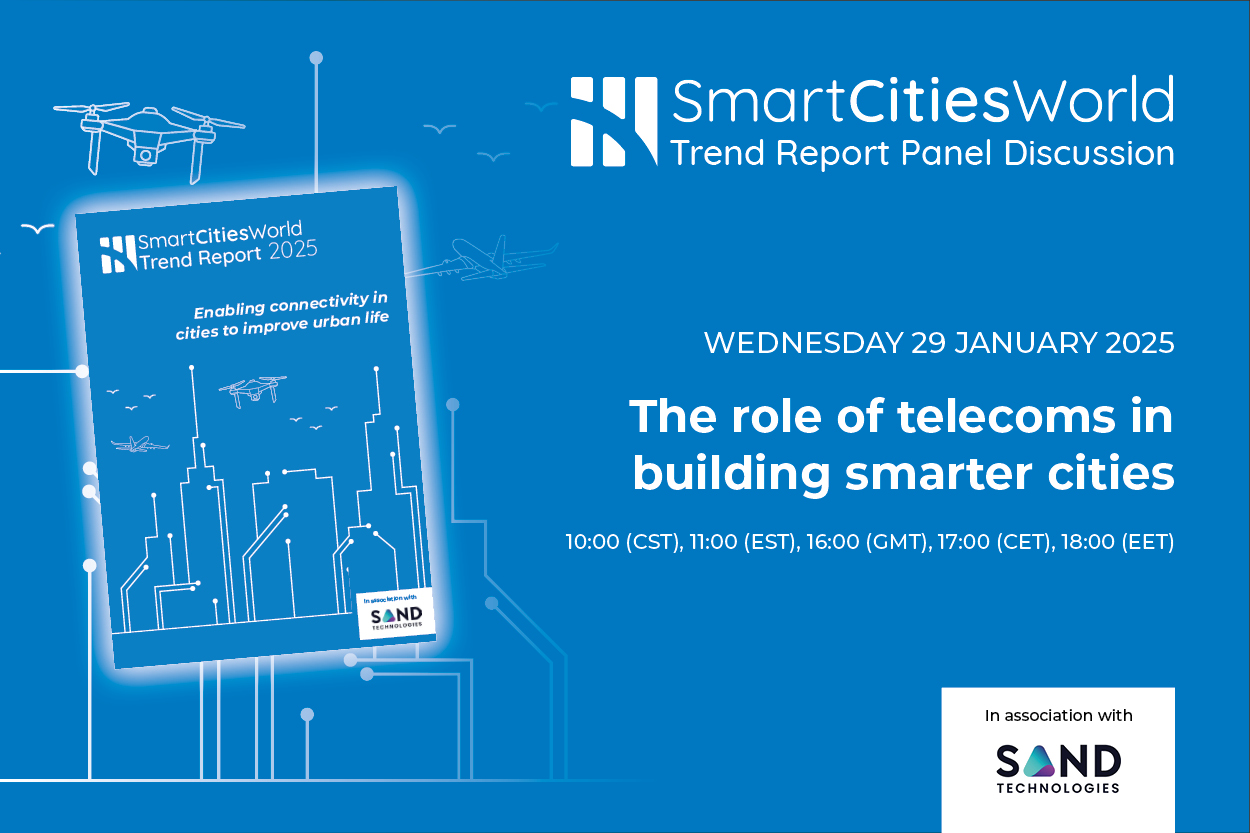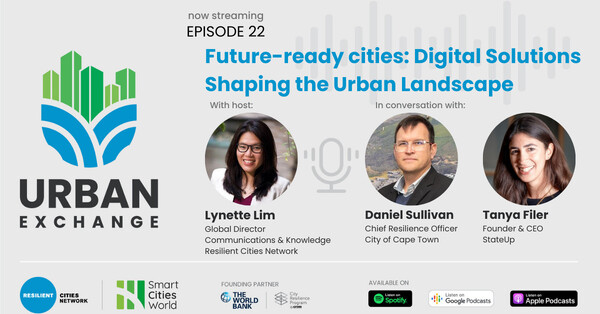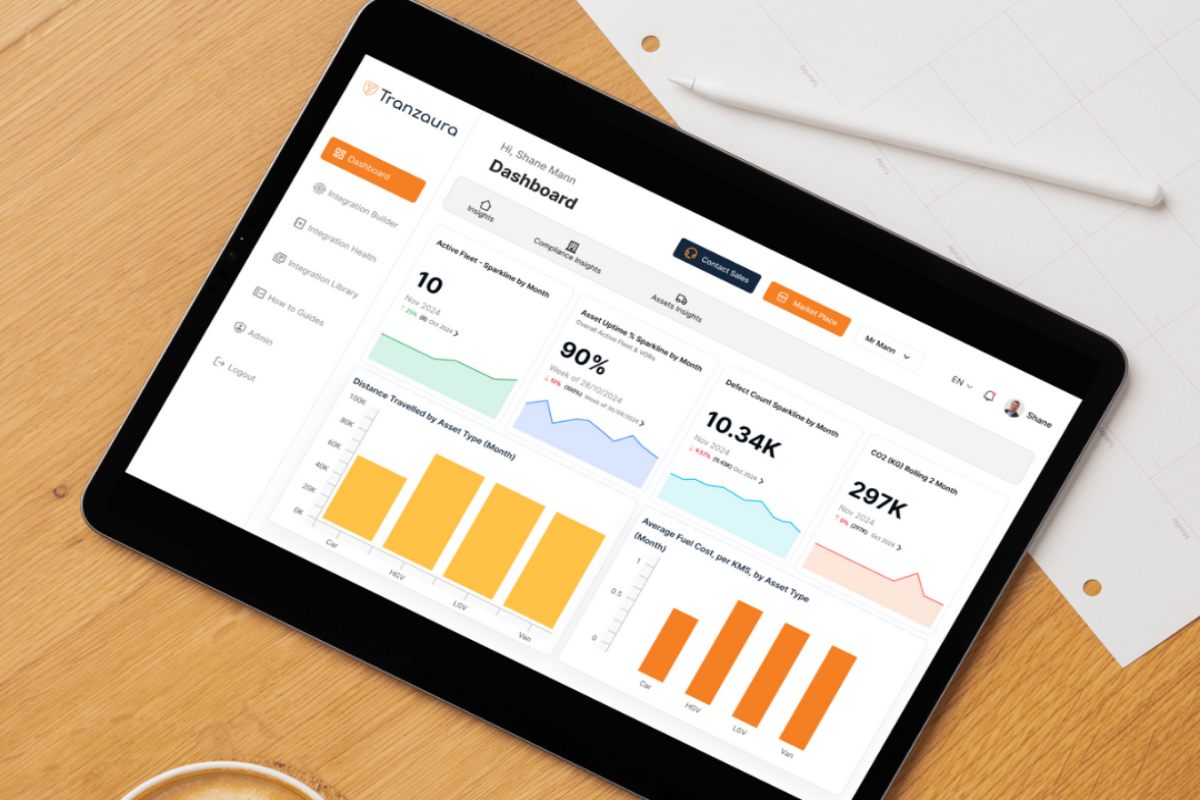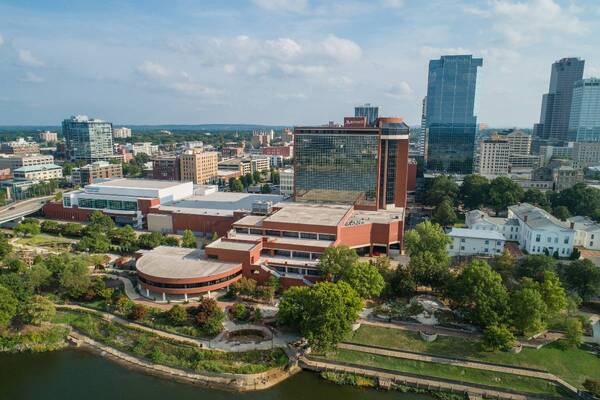Special Reports
SusHi Tech Tokyo 2024: experience ‘Tokyo 2050’ todaySponsored by The SusHi Tech Tokyo 2024 Showcase Program Executive Committee
Smart cities: Overpromised and underdelivered
Smart city projects must move away from the standard applications that many focus on and make a "technological leap", says Paul Moorby, CEO and founder of Chipside, a specialist software development company providing products and services to local and regional government traffic authorities in the UK.
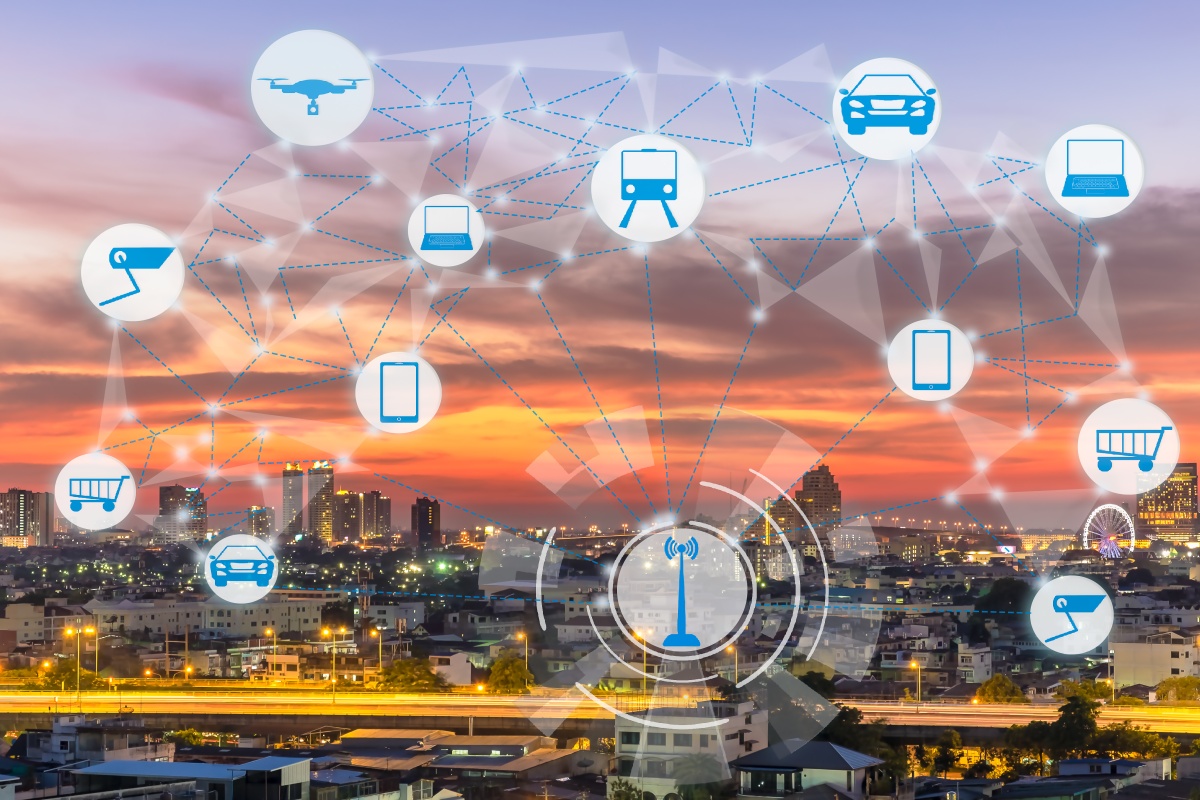
Global spending on smart city initiatives will total $124 billion this year. That is an 18.9 per cent increase from 2019 – showing willingness for governments to invest in connected technologies.
Many cities around the world collect extensive amounts of on-street data, using Internet of Things (IoT) sensors placed throughout the urban realm to monitor traffic, waste, noise and air pollution. This data is then supposed to be used to generate insights which improve the lives of residents.
The smart city vision involves artificial intelligence (AI), driverless cars, smart street lighting and smart parking. It promises to solve a fundamental challenge for towns and cities – how to reduce costs and generate economic growth and resilience whilst increasing sustainability and improving services and quality of life.
The term ’smart city’ has become an overused buzzword, used to symbolise a utopian vision of a connected society but is it being delivered as much as it is being promised?
Standard applications
Talking to city managers around the world, the common theme is that the term “smart cities” is being used for standard applications and not for the technological leap forward many expect.
Whether it is Rome, Manilla or New Delhi, smart projects are being proposed by private businesses that need grant funding from the city or national government with no guarantee these projects will work or benefit local people. This approach is not sustainable.
Imagine data is the new soil – a nation and its citizens can return to it time and again if it is nurtured, to grow in it what they wish.
In the UK, for example, it is important that motorways are capable of facilitating an increasing number of vehicles. At the end of 2018, there were 38.2 million licensed vehicles in Great Britain, a 1.2 per cent increase compared to 2017. But is it truly smart to add a new lane by removing the hard shoulder?
Essential, yes. Smart? Not so much. In fact, smart motorways are now being reviewed by the government after it was discovered they resulted in 20 times more near misses on the M25 London ring.
Data-sharing is essential
Data is critical to driving insight that delivers improved outcomes for cities and residents. By effectively analysing data in real-time, smart cities can create cleaner environments that allow citizens to travel around urban areas using efficient transport systems.
However, truly smart cities will ensure they own the data layer; for all to share in and not to be owned by global corporations.
Imagine data as the new oil; with many cities encouraging the traditional extraction model of profit and letting their data go. Instead, now imagine data is the new soil – a nation and its citizens can return to it time and again if it is nurtured, to grow in it what they wish.
Data is a key enabler for innovation in transport and an essential part of 21st-century infrastructure. Increased sharing of information in real-time can ensure an open mobility marketplace, enabling a better user experience and improving the safety and efficiency of the transport network. For example, local government authorities can use big data to analyse real-time traffic information and refine traffic management policies whilst reducing carbon emissions.
Talking to city managers around the world, the common theme is that the term smart cities is being used for standard applications and not for the technological leap forward many expect.
Smart cities raise questions about privacy and algorithmic bias. How can we be sure that AI technology is free from political or subjective bias? Equally, with any IoT technology, there is always the risk of data being intercepted. Data governance and cybersecurity undoubtedly create challenges for smart cities which need to be addressed before full implementation.
The success of smart cities also relies on collaboration. No matter how much data is generated from Internet of Things (IoT) technologies, addressing urban challenges depends on effective management, long-term investment and human activity. Data alone does not add significant value if it is not processed effectively. If smart data identifies a pothole in the road, it still requires people to visit the site and fix the pothole.
Solving the 21st-century transportation crisis
Digitalisation, new technologies and big data have the potential to change the way traffic flow and parking is organised and managed in cities, generating business opportunities at the same time.
By 2030, the United Nations estimates that 60 per cent of the world’s population will live in a city – making it crucial to consider sustainable transportation systems.
Local authorities and city planners face a difficult challenge; managing the growing inner-city populations and offering efficient transports systems while reducing air and noise pollution. Future public wellbeing relies on balancing the demands for growth, development, mobility and wellbeing with delivering a sustainable future for the planet.
The average motorist in the UK spends a total of 91 hours per year looking for available parking spaces so there are clear and immediate benefits to individuals and the economy if this can be reduced.
Consider traffic as an example: busy roads could be an indicator of an active and vibrant urban environment, but they could ultimately have a negative impact on a town or city’s economic growth in the long term. Businesses can be hindered by traffic congestion on main roadways, with deliveries being delayed and commuters feeling stressed.
Transport data firm Inrix calculated the average UK driver loses £1,317 each from congestion and wastes an average total of four days every year looking for a parking space at their final destination.
Parking the problem
Parking is a valuable city resource but in most UK cities the demand for parking far outstrips supply. This presents authorities with the challenge of balancing the needs of visitors with those of residents so that parking is available when needed at a fair price.
Digital transformation gives public authorities the ability to react to local conditions based on evidence. For example, a digital platform provides the flexibility to look at the implementation of dynamic pricing and permitting to best satisfy a range of demands on parking spots. Dynamic pricing means the cost of parking changes depending on the availability of space.
We need to move beyond using smart city as a buzzword and start implementing strategic plans to embrace the capabilities of IoT technologies to make better use of resources and improve the quality of life for town or city dwellers.
Today, car parks that are nearer the centre of a town or city tend to charge more than those on the outskirts or park-and-ride schemes. Dynamic parking can implement this in real-time, assessing the number of free spaces available and the level of air pollution, and setting parking costs to reflect this.
Considering the average motorist in the UK spends a total of 91 hours per year looking for available parking spaces, there are clear and immediate benefits to individuals and the economy if this can be reduced. Cities will become less polluted; drivers less frustrated and the volume of fuel and emissions wasted can be significantly reduced.
Future of smart cities
There is no single path to city transformation, but smart technology has the potential to dramatically improve residents’ quality of life. From parking and safety to pollution and social inclusion, by collecting, sharing and analysing big data, cities can ensure they are fit for the future.
As smart city technology continues to improve and towns and cities continue to expand, it will become even more essential for both to become interconnected. Big data should be used to better inform future planning decisions around urban infrastructure.
We need to move beyond using smart city as a buzzword and start implementing strategic plans to embrace the capabilities of IoT technologies to make better use of resources and improve the quality of life for town or city-dwellers.
You might also like:
